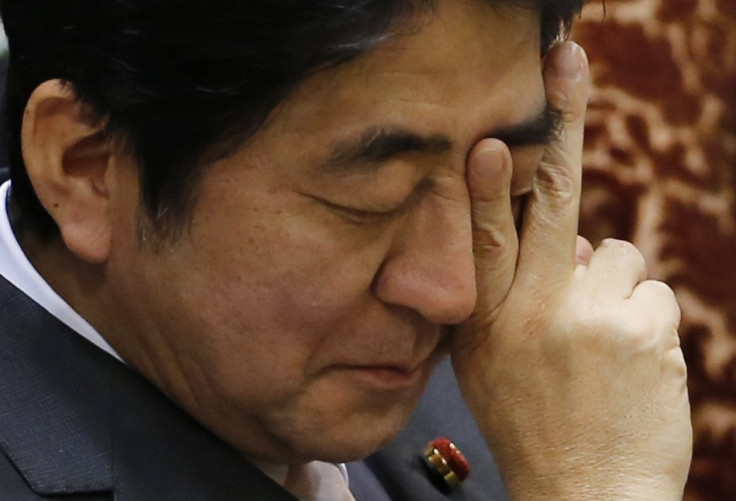Japan Trade Deficit Widens to New Record in January on Weak Yen and Energy Imports
Exports improve 6.4% to 4.80tn yen in January

Japan's trade deficit has widened to a new record in January as the country's current monetary policy significantly weakened the yen, making its imports costly.
The Ministry of Finance said that trade deficit rose to 1.63tn yen ($17.5bn, £11.3bn) in January, the seventh consecutive month of deficit. That was a 10 percent increase 1.48tn yen last year and the worst on record, dating back to the first available figures in 1979.
Economists polled by Dow Jones expected a median trade deficit of 1.3tn yen.
Nevertheless, exports rose 6.4 percent from the same month last year to 4.80tn yen, the first increase in eight months. Exports to the US rose 10.9 percent while sales to Europe declined by 4.5 percent on subdued demand from the region that was hit by the credit crisis.
Imports increased 7.3 percent year-on-year to 6.43tn yen in January.
As the weakness of the yen helped automotive companies like Toyota, Honda Motor and Nissan as well as electronic firms such as Sony, Sharp, Panasonic and Toshiba, it made the country's imports, especially in the energy sector, costly.
Japan's nuclear reactors are standing idle after the Fukushima crisis in 2011 and the country had to largely rely on fuel imports for its energy needs. Imports of petroleum products were up 33.7 percent, while imports of liquefied natural gas rose 11.4 percent.
The adverse trade results are expected to prompt the officials to limit the currency's slide. The yen has declined more than 13 percent against the dollar in the past three months as Prime Minister Shinzo Abe remained aggressive on monetary easing to end deflation. Earlier, Deputy Economy Minister Yasutoshi Nishimura hinted that the government may prefer a yen stronger than 110 per dollar.
Japan's trade with China was suffering from a territorial dispute that resulted in the boycott of Japanese goods by Chinese. However, the latest data suggested a change in the situation, with shipments to China rising by 3 percent in January from the year-ago month.
© Copyright IBTimes 2024. All rights reserved.






